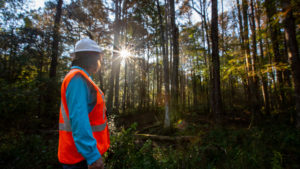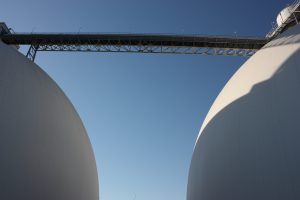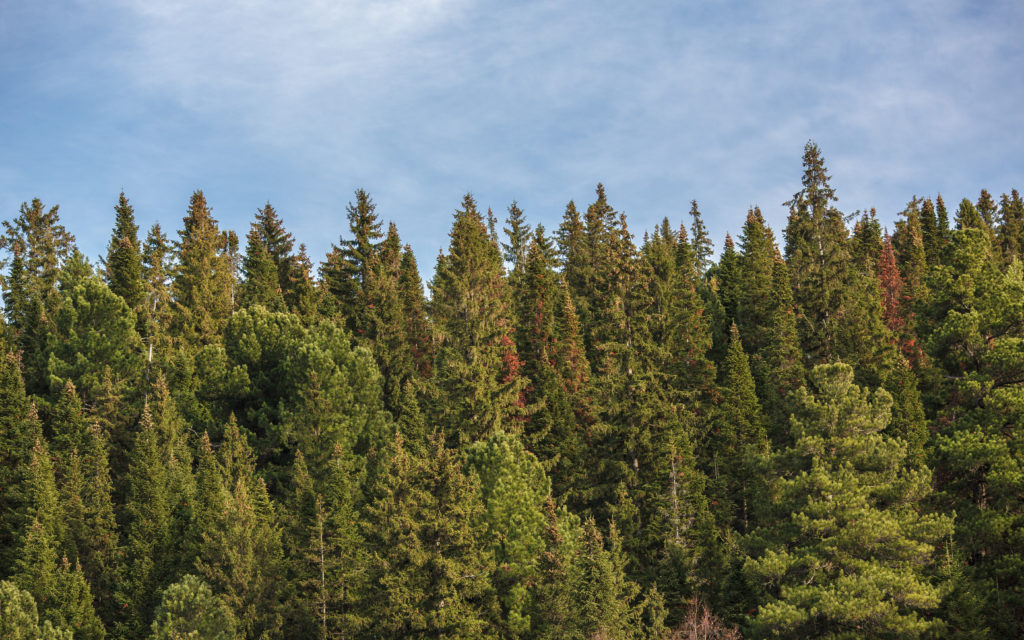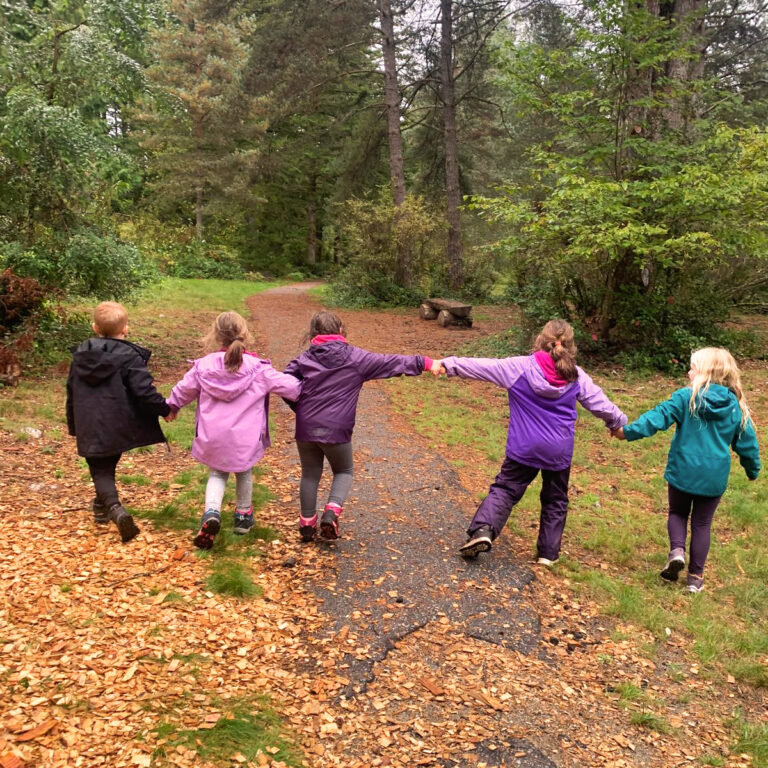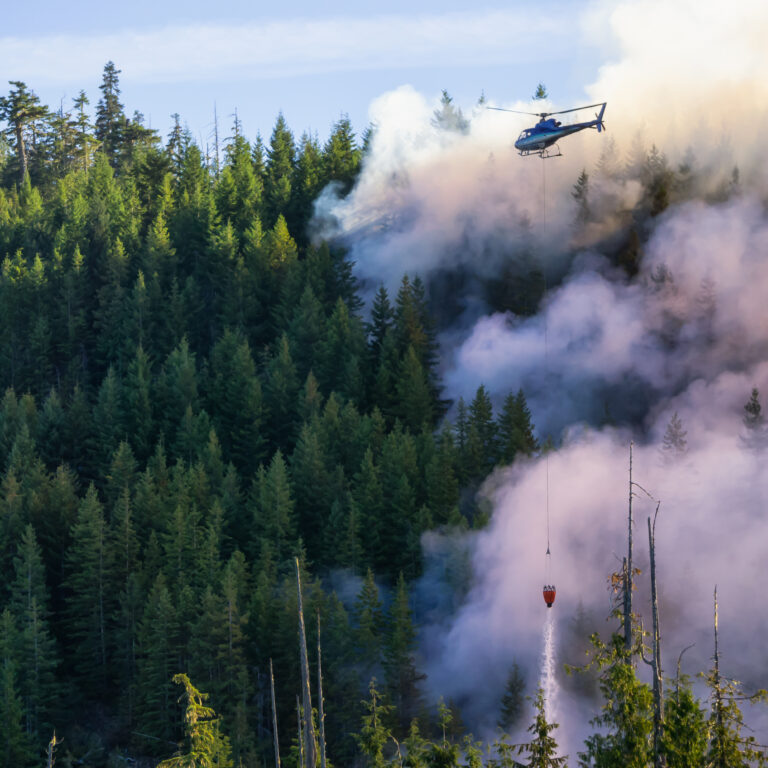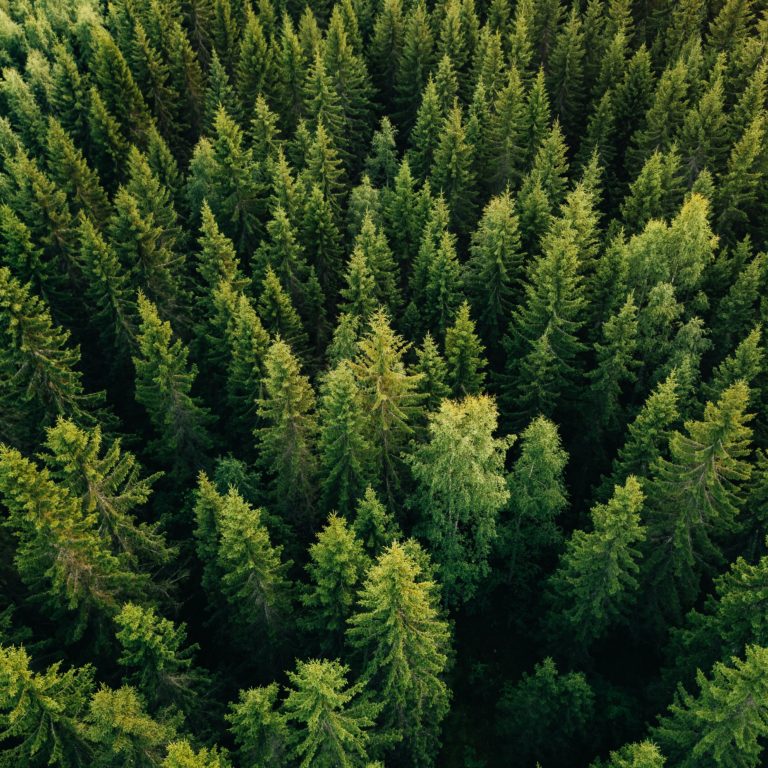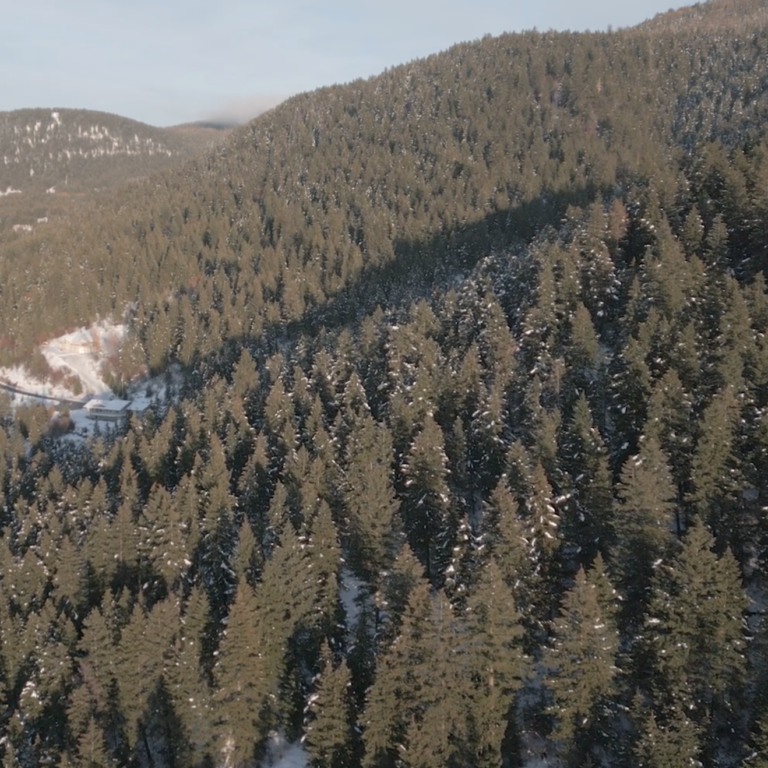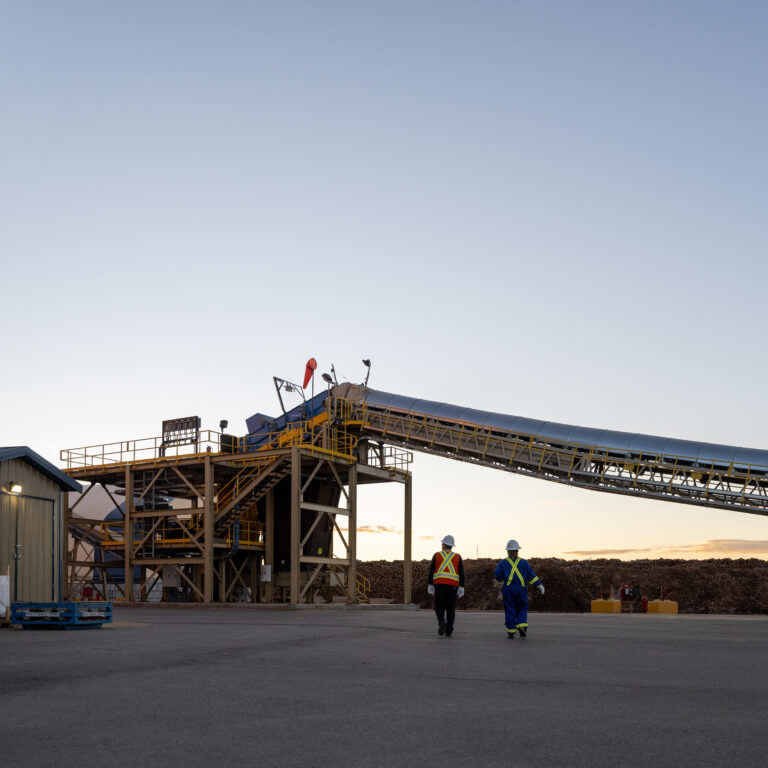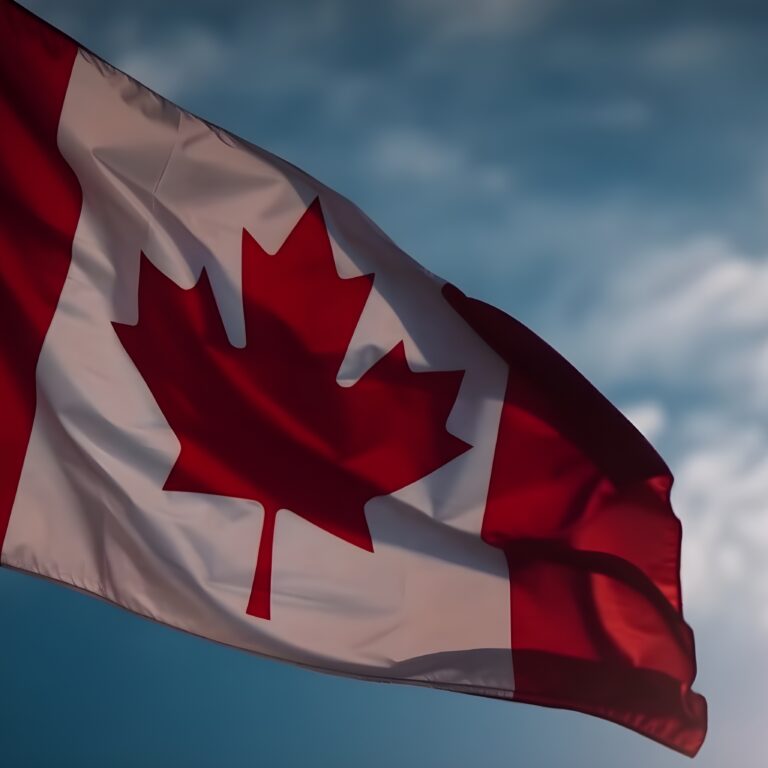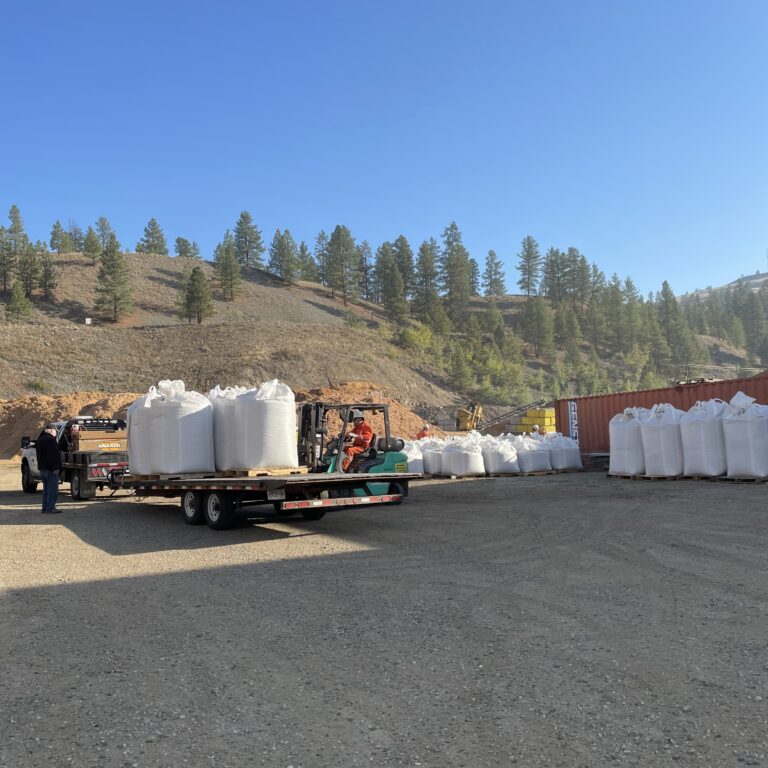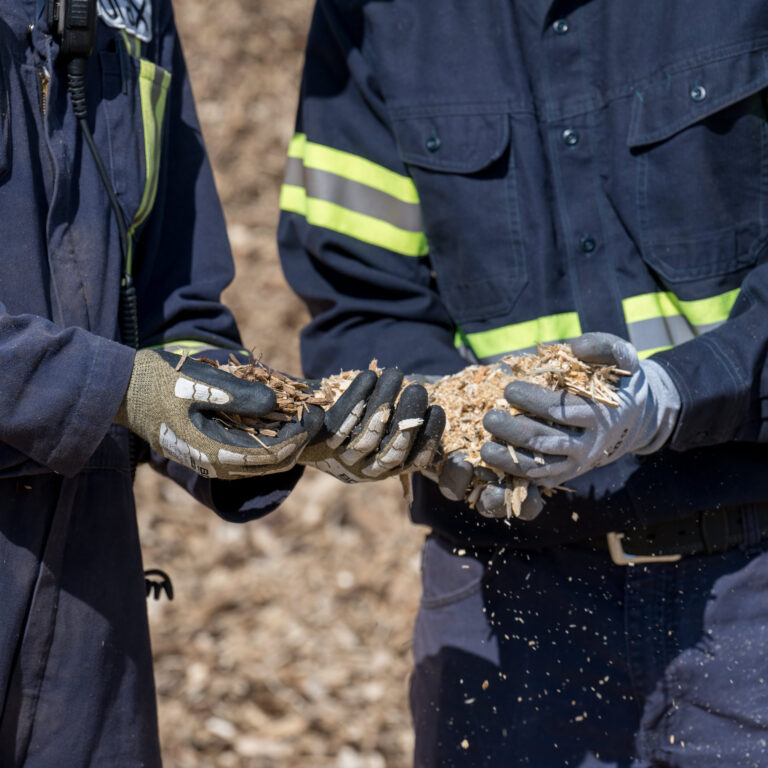A Drax spokesperson said: “Canada has some of the most highly regulated forests in the world which ensures the forests in British Columbia (BC) are managed properly.
“Drax does not harvest forests and we did not harvest the area CBC looked at in the making of this programme. The forests in British Columbia are harvested for high value timber used in construction, not the production of biomass.
“The United Nation’s IPCC, the world’s leading climate authority, says sustainable biomass will play a critical role in meeting global climate targets. Drax works very closely with governments, forestry experts and communities who live and work in and around the forests in British Columbia, including First Nations, to ensure our operations provide benefits to nature, the climate and people there. They are best placed to determine the right way to manage these forests – not CBC.
“Our world-leading sustainable sourcing policies are also aligned with the rigorous regulatory frameworks set by both the Canadian and UK governments.”
On background:
- Drax contributed more than $1bn to the Canadian economy last year, and supported 10,400 jobs.
- 80% of the material used to make Drax’s pellets in Canada is sawmill residues – sawdust, wood chips and bark left over when timber is processed. The rest is waste material collected from the forests which would otherwise be burned to reduce the risk of wildfires and disease.
- Forests are not harvested for biomass, they are harvested for the high value timber used in construction or when forests are managed for other reasons such as to manage wildfire risks, diseases and pests.
- Drax uses the by-products and residuals left behind when forests are managed for these reasons.
- Canada has one of the most regulated forest industries in the world and has laws requiring a specified annual cut to minimise the risk of pest, disease and fire.
- The area of forest CBC will look at in the programme is part of the annual allowable cut.
- Our lawyers have written to CBC to remind them of their legal and regulatory obligationsand we will consider further action once we see the programme.
- Canada has a zero deforestation rate.
- BC’s forest cover has remained stable over the past few decades at around 55 million hectares, with one of the lowest deforestation rates among all jurisdictions.
- In British Columbia, less than half a percent (0.36%) of the forested land is harvested according to the Canadian government’s figures.
- The sawdust, bark, wood chips, as well as diseased and damaged wood produced when the forests are harvested, makes up a small proportion of the total fibre harvested – just 5% in British Columbia.
- We provide full details about the sorts of fibre used in our pellets in Drax’s annual report and accounts for 2021.
- 15% of the biomass used at Drax Power Station in 2021 came from Canada.
- Drax uses sustainable biomass to produce 12% of the UK’s renewable electricity and has reduced its carbon dioxide emissions from fossil fuels by almost 100% over the last decade as a result of using sustainable biomass. It is now one of Europe’s lowest carbon power generators.

